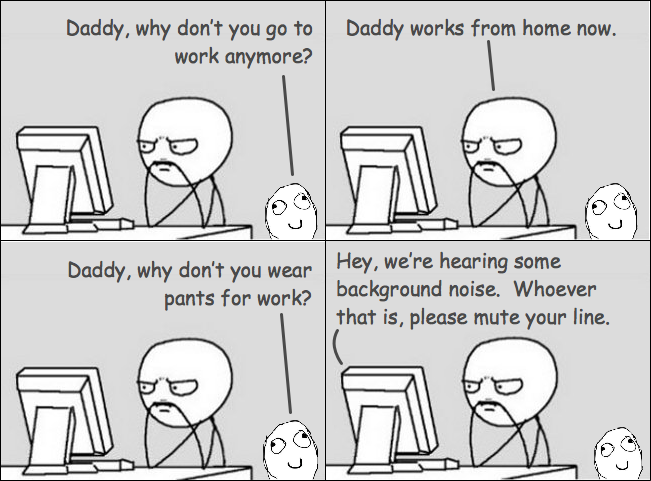This article continues a series of communications from GGA Partners to help private club leaders address challenges confronting their businesses and their employees as a result of the global health crisis. Today, in the second of two articles on strategic people planning, Patrick DeLozier (Director, GGA Partners) and Jodie Cunningham (Partner, Optimus Talent Partners) highlight the importance of talent planning and optimization for a post-COVID-19 future.
Now’s a great time to re-examine job requirements to ensure the best fit for your club
In our first article on strategic people planning we discussed the first two phases of talent optimization: 1) adapting your business strategy and 2) plotting your revised organizational structure. In part two, we will focus on phases three and four: 3) selecting the right talent and 4) inspiring people development and engagement.
This part of your strategic people plan centers on filling roles in your organization with people best suited for the job. It’s a process that author Jim Collins in Good to Great likened to bus drivers (leaders) getting the right people on the bus (team), the wrong people off the bus, and the right people in the right seats (roles).
One cautionary note as we begin: Someone who was right for a specific role pre-pandemic may not be right for the same role now. Your business has changed, and some people may need to change seats. Others may need to get off the bus.
Phase 3: Select the Right Talent
Define the job. Before you start inserting applicants and rehires into the selection equation, you need to define your jobs. Without clarity, anyone involved in the hiring process will simply be guessing about those best fit for the job. The answers to a few basic questions will help form a solid job description.
- What are the most important and frequent activities of this role?
- What specific knowledge, skills and abilities are required?
- What skills and experiences are complementary to those of the current team?
- What behavioral style and temperament is best suited in this role?
- Is independent decision-making or collaboration more important?
- Does this role require social interaction or a more analytical, introspective approach?
- Are normal working conditions in this role stable and consistent or constantly changing and pressure-filled?
- Does this role require a big picture, strategic view where risk taking is welcomed, or is it more task oriented and risk-averse in nature?
To win the war for talent, your managers must be fully invested in driving the hiring process from start to finish. When you train managers to use people data in the hiring process, they will make smart, objective decisions, as opposed to desperate or bias-filled ones. Managers should enter the hiring process with the following information, knowledge and understanding.
- A plan for all three phases of the interview process: before, during and after the interview.
- A list of functional and behavioral-based questions that ensure consistency across all interviews.
- An understanding of how to probe for (and evaluate) detailed applicant responses.
- An understanding of the information they should and should not share regarding club culture, benefits and working experience? (Remember, the applicants are interviewing the club as well.)
Phase 4: Inspire People Development and Engagement
Once you have hired your team, it is critical to keep them engaged and ensure they work effectively together. To do this, you need to be mindful of four forces that can lead to employee disengagement:
- Misalignment with the job. Poorly defined positions, sloppy hiring practices and evolving business needs can create a mismatch between employees and their roles. A bad fit will ultimately affect motivation and productivity.
- Misalignment with the manager. The relationship between employees and their managers is the most critical contributor to engagement. But many managers are poorly equipped or not trained to effectively understand their employees’ individual needs. They struggle to communicate with and motive their employees.
- Misalignment with the team. Team-based work is more critical than ever, yet poor communication, insufficient collaboration and an inability to manage tensions inherent to teamwork extract a major toll on productivity and innovation.
- Misalignment with the culture. To be productive and engaged, employees need to feel they belong. When they feel out of sync with their organization’s values, or when they lose trust in their leadership, their own performance suffers. The result can be a toxic work environment that undermines productivity.
As clubs emerge from a pandemic-enforced hibernation and begin to re-establish business operations, now is an ideal time to evaluate the roles and responsibilities that make your club function efficiently and effectively.
Carefully defining each important job, making sure those involved in the hiring process are well-prepared and being alert to employees who may not be the ideal fit will help ensure that you have the right people on the bus and that they’re in the right seats. Your club’s success depends on it.











